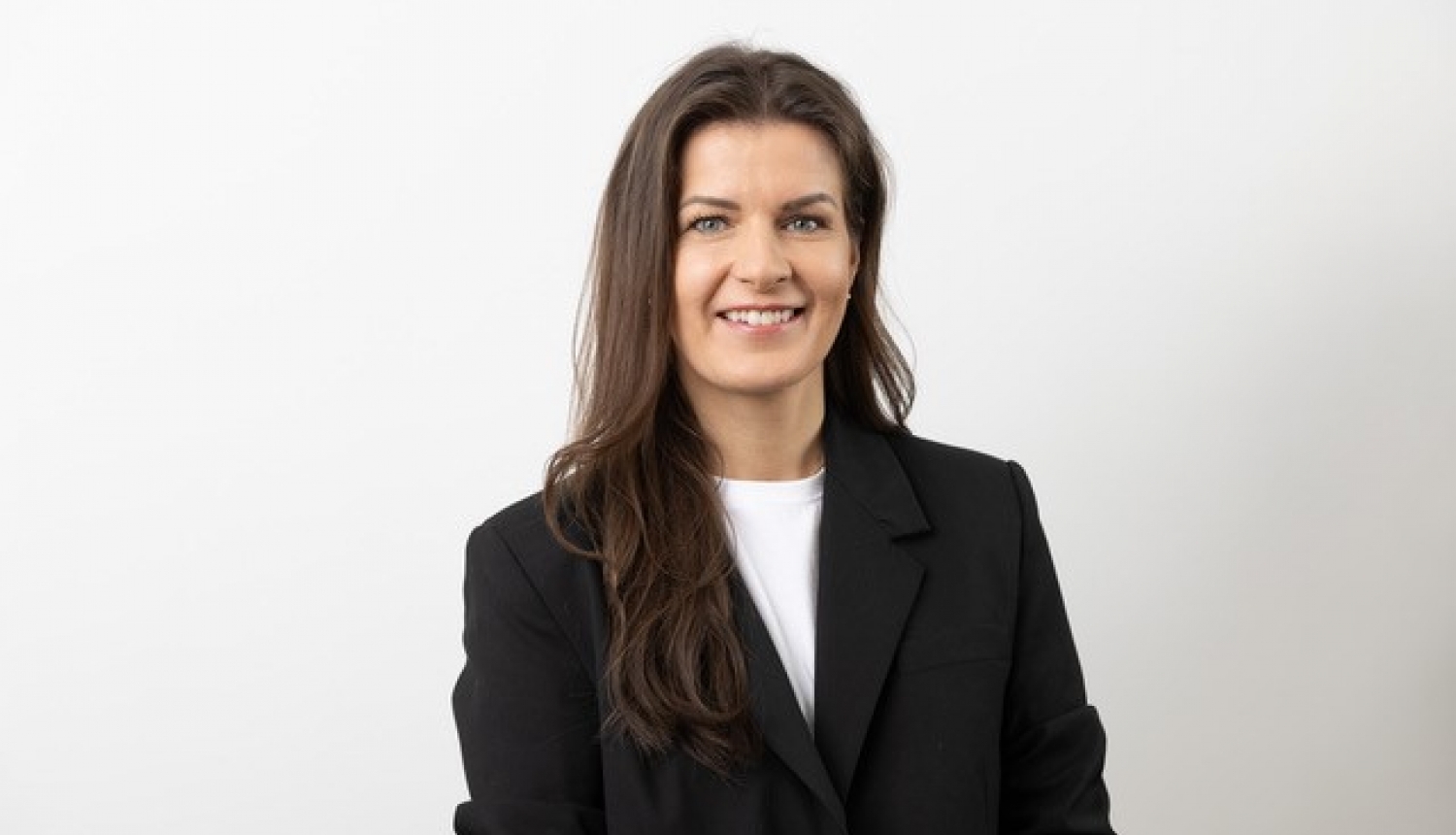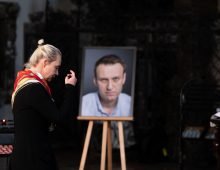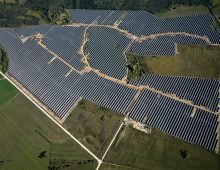People are definitely Latvia’s strong suit when it comes to attracting investments, the director of Latvia’s Investment and Development Agency (LIAA), Ieva Jagere, has told the LETA news agency in an interview.
Jagere said that Latvia has a skilled workforce, with a high proportion of people who speak at least two languages and have a higher education. She also pointed to Latvia’s tax system, where Latvia is second among OECD countries in terms of business taxes. There is a 0% corporate tax rate, for instance, on profits that are reinvested.
The agency director pointed to presently undeveloped industrial territories in Latvia, adding that there are various tax incentives that are available, and the state is willing to offer bespoke solutions to investors. Latvia is also in a good geographic location with excellent access infrastructure, including ports and an international airport.
Jagere also mentioned the “green corridor” initiative which provides for quicker and more efficient decision-making about investment projects that are worth more than EUR 10 million in Riga and more than EUR 5 million in the country’s regions. Such investments must also relate to Latvia’s strategic objectives.
The LIAA director said that 39 “green corridor” projects have been given the green light so far with a total value of EUR 2.4 billion. 14 of these have so far been approved in 2024.
Jagere also admitted that people in Latvia can not only be a benefit, but also a weakness when it comes to the investment environment.
If an investor wants to establish a high value-added production facility in Latvia, the country may not have specialists with the necessary qualifications, “but if we know what investors need in advance, we can work with universities on setting up centres of excellence to train the necessary specialists,” she explained.
Jagere also cited bureaucratic obstacles as a problem. Every programme organised by the LIAA and the Altum Development Finance Institution is based on a mandate from the Cabinet of Ministers, it is approved by the Cabinet of Ministers, and it always has a set of relevant regulations from the Cabinet of Ministers.
“Unfortunately, if an investor comes in and says that something specific is needed that is not in line with existing programmes, then we cannot respond as quickly as would be the case in the private sector,” Jagere said. She added that it can take a year or a year-and-a-half to develop a new programme.
Source: BNS
(Reproduction of BNS information in mass media and other websites without written consent of BNS is prohibited.)


















